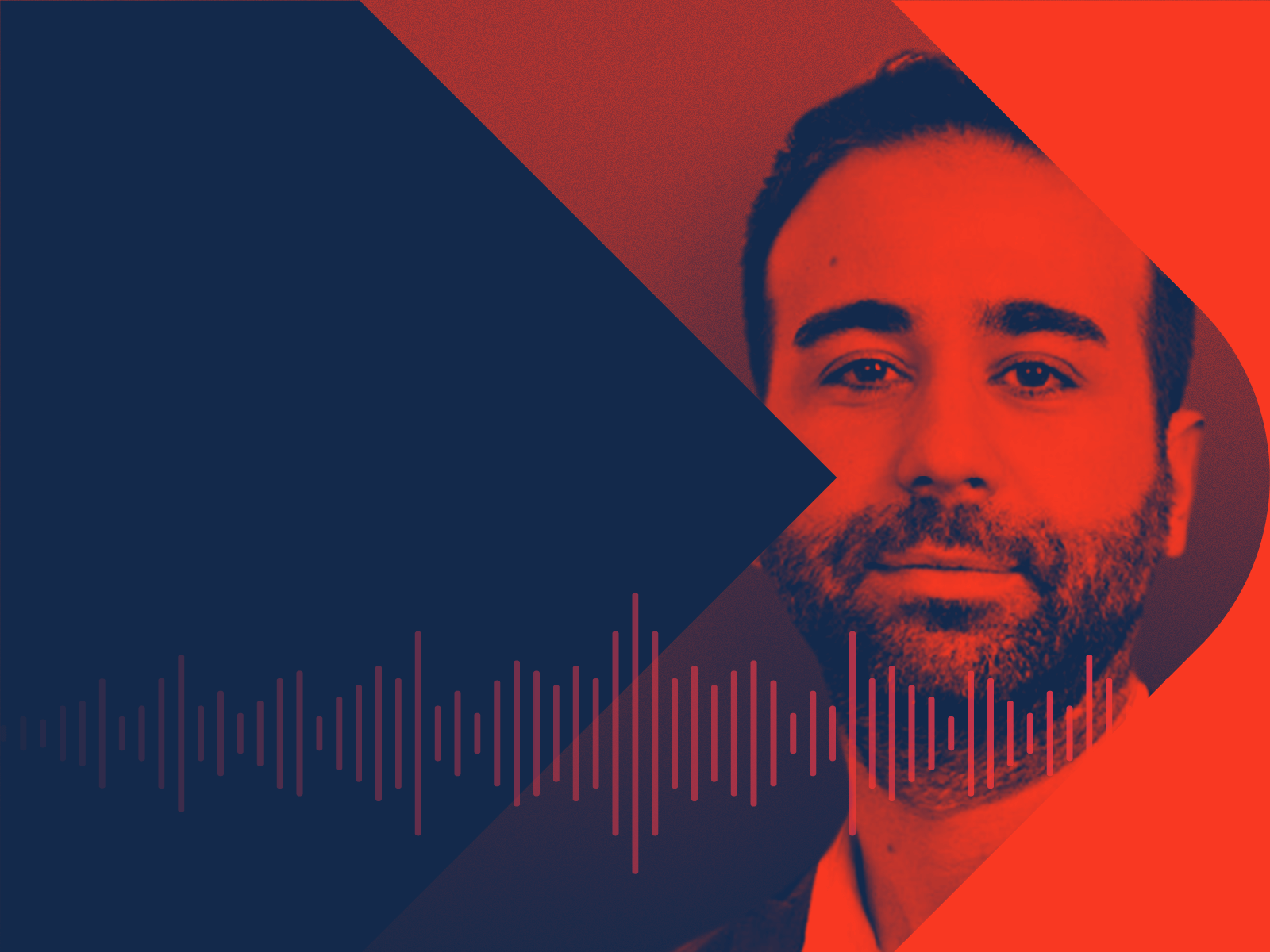“Don’t wait”
We are nearing the end of 2023, and whether third-party cookies will finally come to an end in 2024 or not, privacy should be on every organization’s mind moving into the new year. For any innovative organization looking to future-proof their business, first-party data strategies that prioritize consumer privacy are a must for the cookieless era and beyond.
In the latest episode of our Identity Architects podcast, InfoSum's VP, Corporate Marketing, Ben Cicchetti, sat down with Toon Coppens, Director Advertising Data & Identity at DPG Media, to discuss privacy, first-party data, retail media, and more.
“Don't wait ‘til the cookies disappear, because cookieless is there today. It's not a cookieless future, it's a cookieless present. More than 50% of people on the open market are not addressable anymore. And towards the future, all solutions which are appearing in the market, they won't have reach that goes beyond 50% either.”
Yes, this is really good advice. Instead of just waiting for cookies to be fully deprecated, savvy marketers are busy experimenting to ensure a seamless transition to this new era. And it is all about first-party data and direct relationships with the consumers.
“Invest in first-party data for yourself. If you don't have it yet, you should be working on it. All the results that we are seeing from using first-party data are so much better than using third-party data. We see very good results if an advertiser connects their first-party data with our first-party data to then target users or exempt users, or target lookalikes. We see results of 3 to 4 times better than with socio-demo targeting and other targeting.”
We always love to hear about the amazing opportunities and performance first-party data collaboration offers - because it’s not just the approach that protects privacy but it's the approach that actually delivers superior business outcomes. That's when it gets super exciting because it proves there is a better way in the lead-up to the end of third-party cookies.
“I don't believe in a future where it's about recreating technical alternatives for the third-party cookie. Consumers don't expect to end up in numerous identity graphs of ad tech companies they've never heard of. So let's not go into that direction but focus really on the ones that have that first-party relation with the consumer because at the end that will stand and then you need data clean rooms for instance, to connect these walled gardens together to connect.”
So true. But even with the amazing results we’ve seen with first-party data campaigns, there are still organizations that fully rely on third-party cookies.
“In the end, a lot of people are waiting for what Google will do. [...] Coming back to what I said previously the realization by a lot of people that those ‘retargeting the whole internet’ times are not coming back because that's just not GDPR compliant. You better concentrate on connecting directly with walled gardens from international and local companies, making sure that you can connect your data into these walled gardens and, at the same time, keeping your eyes open for contextual solutions and privacy sandbox solutions and maybe some other ones. But all of them will have a limited scale at the end of the day, and I would be wary of using solutions that seem too good to be true.”
Inertia is a powerful driver in business, and it could be difficult to take people on that journey. But it's all about not waiting. Organizations should be testing and learning, and investing in first-party data and other advertising solutions. And hopefully, 2024 will be all about that.
“We hope that the debate in the industry goes back to the spirit of GDPR because GDPR is really something important and should be about ‘Isn't your data being broadcasted, isn't your data leaking across the whole industry’ and so on. Five years after the start of GDPR, we saw GDPR going a little bit in the wrong direction, in my opinion. It's only about do you ask for consent in the right way? [...] It's the wrong kind of discussion. It’s all about how do you ask for consent and is there a reject all button on the first screen. And it's leading to what we are seeing across all of Europe. You have an accept all or a reject all button, and if you push the reject all button just like Facebook now is doing, there is a popup ‘please pay’. It's not only Facebook but also a lot of media companies in France, Germany, and Austria are using this approach, and at the end, it's for a consumer. It's about paying with your data or paying with money where I'm not sure if that's really the right thing you want to do under GDPR.”
Then, what should it be about, in your opinion?
“We should be more so talking about making the difference between first-party data and asking first-party data for optimizing the consumer experience on your site, having relevant marketing, relevant content and relevant ads on your platform. Compared to giving your first-party data away to hundreds of third-parties [...]. I hope we are going back into the spirit of GDPR.”
It all comes back to first-party data, doesn’t it?
“I really believe that the only ones that can do something with data are the people that have that first-party relation, and so that's how I see the prediction of going further. Like I said, I see a proliferation of walled gardens happening. A lot of smaller, bigger walled gardens where you need some interconnectivity with neutral data clean rooms. [...] Hopefully, we have this privacy evolution going into the right direction and not having these wrong debates that we've been seeing in the last months popping up everywhere.”
So true. Thanks, Toon, for the chat!





